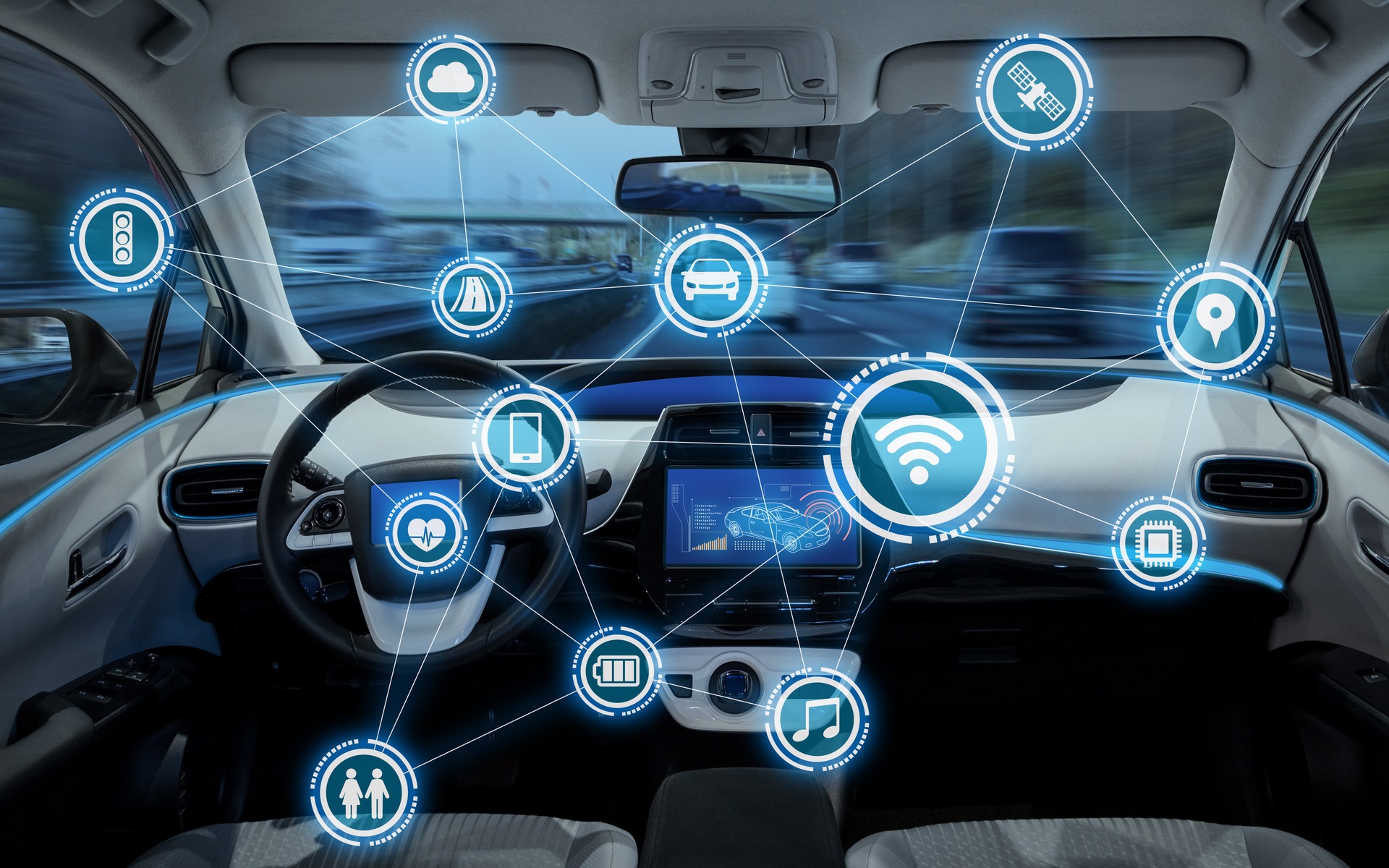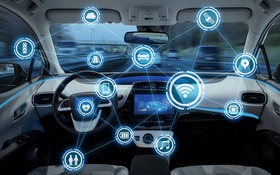Modern Driver-assist Features are Too Annoying, Study Finds
Automakers are spending lots of money on advanced technology development, but the constant alerts can confuse and frustrate drivers. In fact, many people admit they disable the systems or will try to avoid them on future vehicle purchases.
This is the main conclusion of J.D. Power’s 2019 U.S. Tech Experience Index (TXI) Study, which was released this week. It is based on a survey of more than 20,000 customers who purchased or leased a new 2019 model-year vehicle that is all-new or has been significantly redesigned within the past three years.
- Also: The Most Appealing Brands and Models in 2019 According to J.D. Power
- Also: Survey: Consumers Lack Confidence in EVs and Self-driving Cars
The study measures owners’ experiences, usage and interaction with 38 driver-centric vehicle technologies at 90 days of ownership and focuses on six categories: collision protection, comfort and convenience, driving assistance, smartphone mirroring, and navigation.
As Kristin Kolodge, Executive Director of Driver Interaction & Human Machine Interface Research at J.D. Power, correctly points out: “The technology can’t come across as a nagging parent; no one wants to be constantly told they aren’t driving correctly.”

The Worst Feature?
A prime example of this is lane-keeping and centering systems. On average, 23 percent of customers with these systems complain that the alerts are annoying or bothersome. And among them, 61 percent sometimes disable the systems, while 37 percent don’t want them in their next vehicle.
“If [consumers] can’t be sold on lane-keeping—a core technology of self-driving—how are they going to accept fully automated vehicles?” asks Kolodge. “It’s essential that the industry recognize the importance of an owner’s first experience with these lower-level automated technologies because this will help determine the future of adoption of fully automated vehicles.”

The study also reveals that 69 percent of new-car owners have Apple CarPlay and/or Android Auto in their vehicle, which is not a good sign for future sales of the automakers’ factory-installed navigation systems.
Furthermore, many people say they either don’t need the various built-in apps or have another device that performs the function better.
The Most Driver-friendly Vehicles
Overall satisfaction with new technology ranges widely across the vehicles in the study. The best-performing model this year is the Kia Stinger, scoring 834 (on a 1,000-point scale). The overall average is 781, with the lowest-scoring model achieving just 709.
The Hyundai Kona and Toyota C-HR rank highest in a tie in the small segment, the Kia Forte receives the award in the compact segment, the Stinger in the compact luxury segment, the Chevrolet Blazer in the midsize segment, the Porsche Cayenne in the midsize luxury segment, and the Ford Expedition in the large segment.










